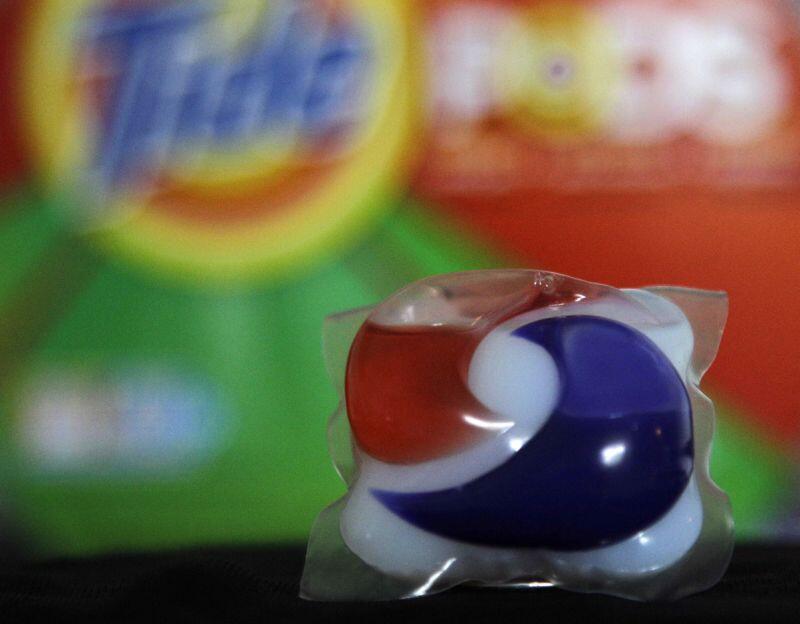Compared to other types of laundry and dishwasher detergent, laundry detergent in packets is involved in more serious exposures for young kids, according to a new study.
“Parents and child caregivers need to consider whether the minor potential convenience of laundry detergent packets is worth the poisoning risk to children,” said senior author Dr. Gary A. Smith, director of the Center for Injury Research and Policy at Nationwide Children’s Hospital in Columbus, Ohio.
“Children exposed to laundry detergent packets were significantly more likely to be admitted to a healthcare facility or have a serious medical outcome than those exposed to other types of detergent,” Smith told Reuters Health by email.
Coma, fluid in the lungs, stopped breathing and death only happened in cases involving laundry detergent packets, he said.
His team analyzed data from the National Poison Data System on more than 62,000 children under age six who were exposed to laundry and dishwasher detergents in 2013 and 2014. More than half the exposures involved packets.
Exposures increased from 2013 to 2014, increasing more for both types of packets than for other detergents. Most exposed kids were younger than three.
More than 80 percent of kids had swallowed the detergent. Hospitalization and serious medical outcomes were most common for laundry detergent packets.
Of the 117 cases that required inserting a breathing tube into the child’s windpipe, 104 involved laundry detergent packets.
There were two deaths, both involving laundry detergent packets, as reported in Pediatrics.
“Packets often resemble candy or juice and are the perfect size for a young child to grab and put in their mouth,” Smith said. The coating, he said, “will quickly begin to dissolve in their mouth, and/or pop when the child bites it, which shoots concentrated detergent down their throat and into their airway.”
Detergent packets are new to the U.S. market within the last five years and are increasingly popular, he said.
“I wouldn’t say the results are that surprising as we now know that laundry detergent pod exposure is common,” said Dr. Michael Gray of Cincinnati Children’s Hospital Medical Center, who was not part of the new study.
“The packets have been available in the US since 2012 but have been around much longer in Europe,” Gray told Reuters Health by email.
Packets may have different ingredient concentrations than regular detergent, but more research would be needed to determine why exposure outcomes are worse, he said.
“There are safer and effective alternatives to laundry detergent packets,” Smith said. “We recommend that households with children under six years of age that live or visit there use traditional (liquid or powder) laundry detergent.”
Parents should store laundry detergent packets up, away, and out of sight, close containers immediately after use and save the national Poison Help Line number (1-800-222-1222) in cell phones and near home phones, he said.
Source: REUTERS











